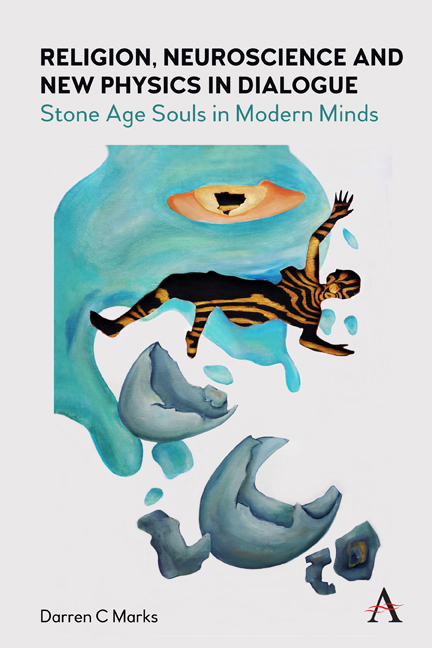Book contents
- Frontmatter
- Dedication
- Contents
- Preface
- 1 Stone Age Souls
- 2 Modern Minds—Education to Reality?
- 3 Multiverses or the Home of God?
- 4 Three Great Errors: Deconstructing Nature, Naturalism and Scientism: Fictions or Delusions?
- 5 Returning the Soul: Fictions or Illusions?
- 6 Can We Be Good? What Models Do We Have?
- 7 Concluding Postscript or We’re Okay?
7 - Concluding Postscript or We’re Okay?
Published online by Cambridge University Press: 25 March 2023
- Frontmatter
- Dedication
- Contents
- Preface
- 1 Stone Age Souls
- 2 Modern Minds—Education to Reality?
- 3 Multiverses or the Home of God?
- 4 Three Great Errors: Deconstructing Nature, Naturalism and Scientism: Fictions or Delusions?
- 5 Returning the Soul: Fictions or Illusions?
- 6 Can We Be Good? What Models Do We Have?
- 7 Concluding Postscript or We’re Okay?
Summary
We’re always, by the way, in fundamental physics, always trying to investigate those things in which we don't understand the conclusions. After we’ve checked them enough, we’re okay.
—Richard FeynmannBut if we are not quite ready for an age of science, and still are haunted by the ghosts of religion (and the Judeo-Christian world) then there are two places, again suggested by Freud, to work. The first is to recognize that “theological theology” is first and foremost necessary if there is to be any engagement with the scientific world. This has two reasons: (1) It allows for a critical evaluation of the role of socialization within its own traditions and can see whether this is either a resource or a hindrance rather than the reconstruction found in religious studies as a crypto-theological science. (2) It speaks its own language at the table of society as a result, and this, in part, also means that it must learn to NOT speak when its language is no longer fruitful for the conversation. Two weak examples suffice here. Clearly, the Judeo-Christian resource on sexuality in distinction of nature is different than what we scientifically know on sexuality and choice. Punishment or cultural restrictions on sexuality as nature then seem to be absurd as if we are only nature, then we cannot easily limit this behavior as expressed. We must account for (and this is indeed a brave new and terrifying world) behavior as a manifestation of nature at some fundamental level in both our social mores and social laws. Second, consider climate change denial and its relationship—undeniably so—to the Christian worldview of the dispensational mind that treats this present earth as a temporary place while waiting on the rapture. Whatever planet remains, will clearly for the dispensational mind (and this is a powerful voting body in the United States and elsewhere) be left for the sinners needing either chastisement (the Jews) or punishment (everyone else) before the end of the cosmos as we know it. In both the above cases, the reality of social politics facing the global world is decidedly pointed in another direction, and yet, the religious viewpoint remains salient and powerful.
- Type
- Chapter
- Information
- Religion, Neuroscience and New Physics in DialogueStone Age Souls in Modern Minds, pp. 119 - 121Publisher: Anthem PressPrint publication year: 2021



